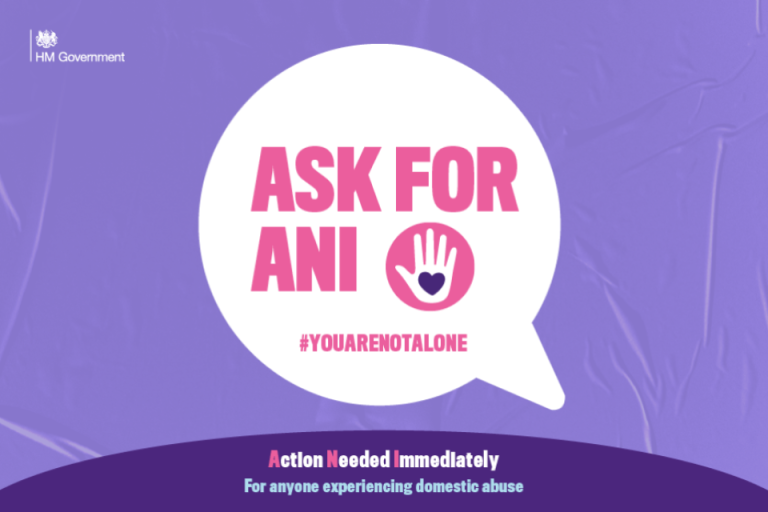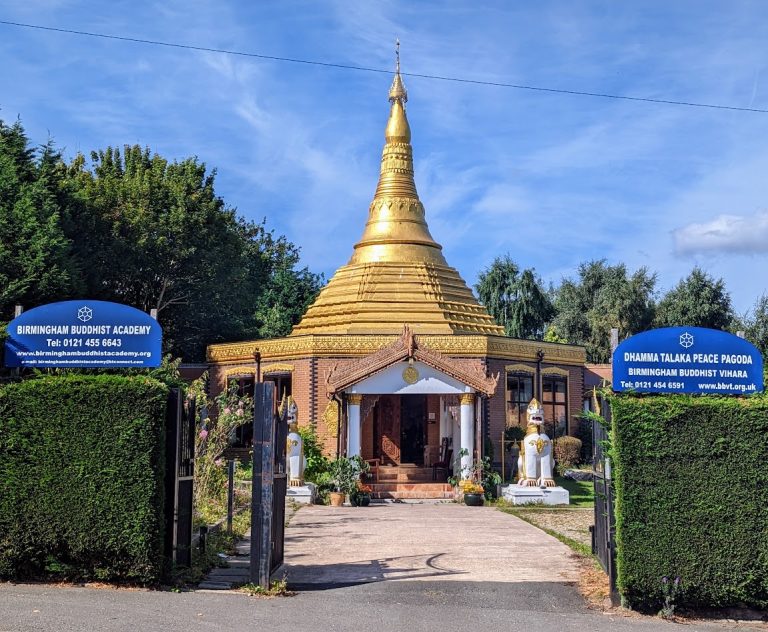
Let me start by saying Domestic Violence / Domestic Abuse is WRONG (albeit if it is physical, mental or both), end of, regardless of if it is a man or woman who is the victim. However, you rarely hear it mentioned or shown about it happening to men. This needs to change NOW!
Let me tell you from daily experience we don’t all cope well regarding our mental health, despite what others may think differently.
This video brought tears to my eyes and after watching it I knew I had to share it on my website.
Paul posted this video as part of men’s mental health awareness month. He is an inspiration and has my total admiration and respect for his honesty here and his braveness in publicly speaking out the way he is here. Like him I want men to know THEY ARE NOT ALONE and if I can help in any way to get that message across then I will. The more this video is seen the better and hopefully it will help someone.
About Paul Hibbert
Paul Hibbert is a UK-based journalist creating a broad range of technical product reviews and tutorials primarily on the Youtube platform.
He creates videos using honesty and humour as his fundamental principles.
Audiences that would not usually be engaged with technology who watch him will get a unique perspective and an engaging presentation style that is otherwise absent from the technology sector.
Blog Posts
Notes And Links
Hibbert Home Tech – The image shown at the top of this page is the copyright of Paul Hibbert and comes from his official website.
Hibbert Home Tech on Facebook.
Hibbert Home Tech on Instagram.
Hibbert Home Tech on Patron. – Like me, if you can, help support Paul with his funny, informative and entertaining content here or make a one-off payment on PayPal by clicking here. In Paul’s own words, “There’s no pressure to donate anything at all, but if I’ve helped you and you’re feeling generous then your kindness is welcome.”
Regarding domestic abuse, this is advice from Gov.UK. Click the link for more information.
If you are in immediate danger, call 999 and ask for the police. If you can’t speak and are calling on a mobile press 55 to have your call transferred to the police. Find out how to call the police when you can’t speak here.
Household isolation instructions do not apply if you need to leave your home to escape domestic abuse.
The Men’s Advice Line – This website is run by Respect and is a confidential helpline specifically for male victims.
ManKind Initiative – Official website. Their confidential helpline is available for male victims of domestic abuse and domestic violence across the UK as well as their friends, family, neighbours, work colleagues and employers.
They provide information, support and a signposting service to men suffering from domestic abuse from their current or former wife, partner (including same-sex partner) or husband. This can range from physical violence or object throwing to abuse such as constant bullying or insults.
Men’s Aid Charity – Official website. Formed in 2006 to help provide practical advice and support to men who have been abused, Men’s Aid has grown to represent the views of many individuals both male and female and is committed to helping those who have suffered from bias in the legal system, Family Courts or any other areas. They strive to remove bias and prejudice from all parts of our Society and focus on providing help and assistance to anyone, regardless of gender or sexual orientation, who may need it, in particular males.
For further help and advice for men being abused click here.
Women’s Aid – Official website. They are coming together across society and communities to end domestic abuse.
UKSaysNoMore – Official website. They seek to unite and strengthen a diverse community of members and organisations nationwide to actively take a stand against domestic abuse and sexual violence under one powerful, visual symbol. The campaign provides open-source tools and resources for individuals and organisations to take action and get involved in making a difference. Together they can challenge the myths and misconceptions around these issues, share resources and information, and ultimately work together to make real positive change.
Bright Sky – This is a mobile app and website for anyone experiencing domestic abuse, or who is worried about someone else. The app can be downloaded for free from the app stores. Only download the app if it is safe for you to do so and if you are sure that your phone isn’t being monitored.
If you are experiencing domestic abuse and need immediate help, ask for A.N.I. in a participating pharmacy. ‘It stands for Action Needed Immediately. If a pharmacy has the Ask for A.N.I. logo (below) on display, it means they’re ready to help. They will offer you a private space, provide a phone and ask if you need support from the police or other domestic abuse support services.



